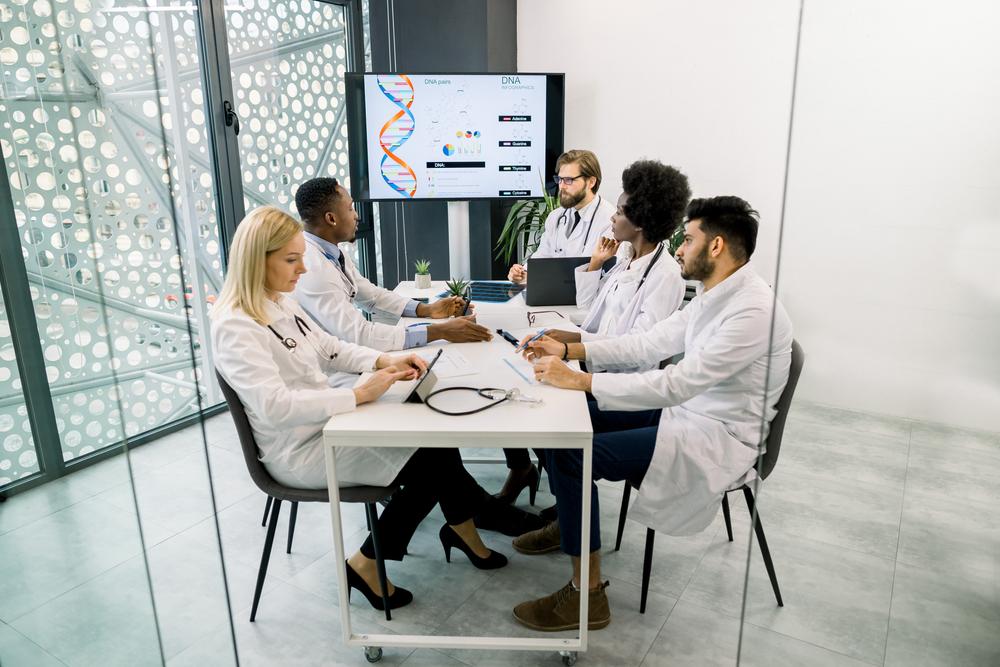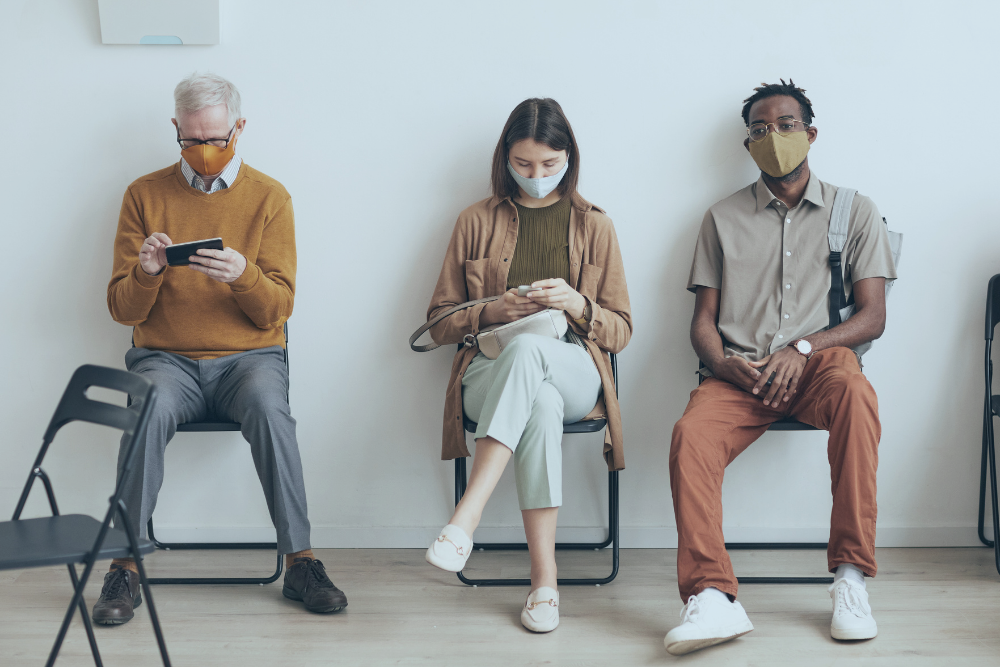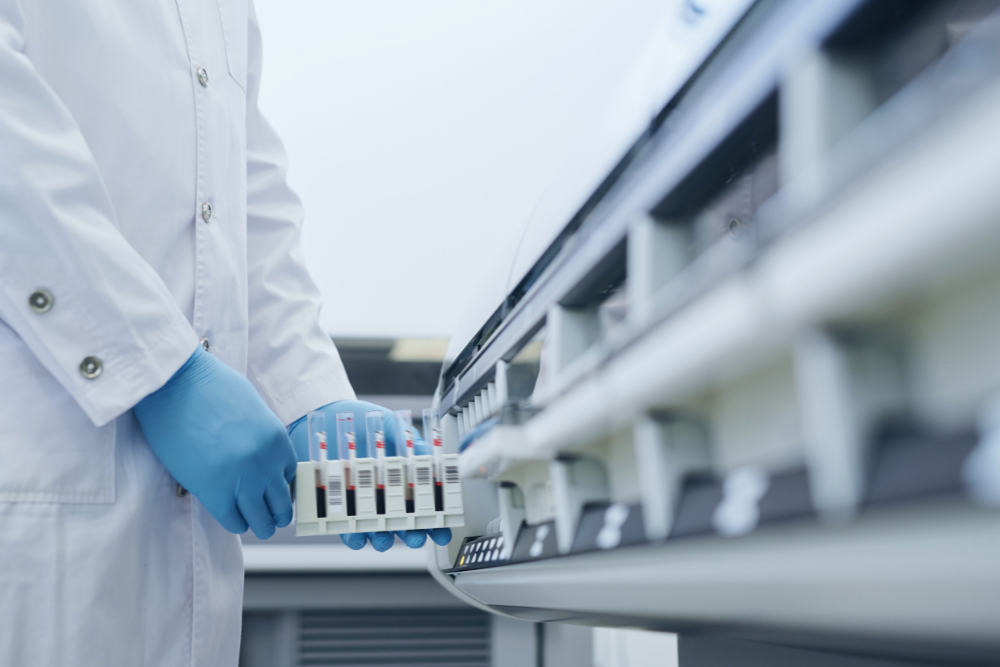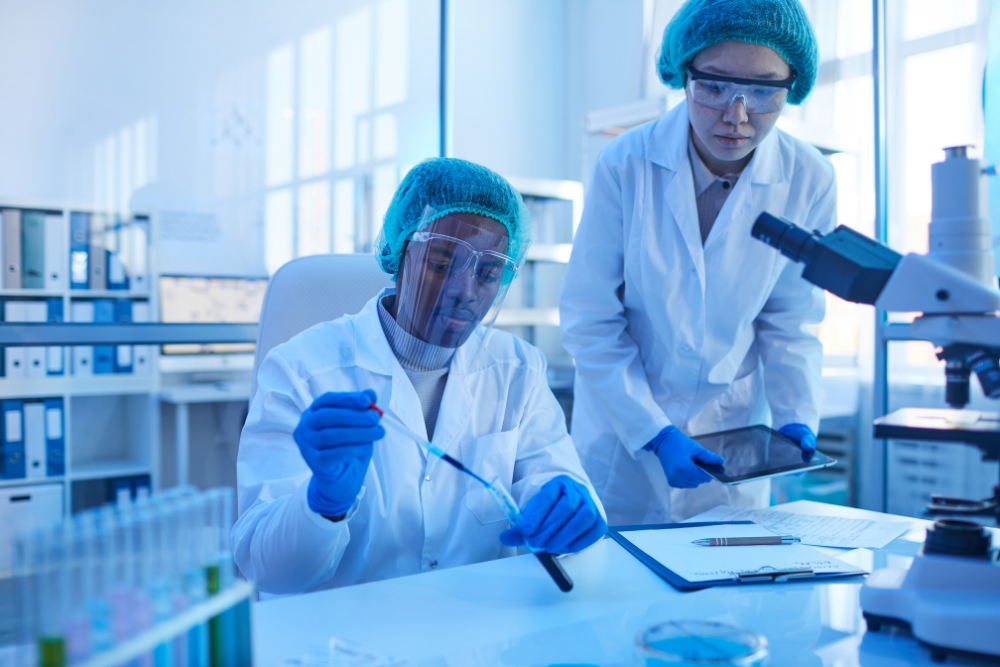Phase 1 Clinical Trial & Early Phase Clinical Research
We apply a Personalized Approach to each project
Competent Statistical Support
Our team of talented statisticians and programmers aids the development of robust Phase 1 clinical trial designs that reduce/eliminate study bias and ensure efficient data collection and analysis.
Complete Regulatory Alignment
BioPharma’s experienced regulatory scientists ensure that all aspects of Phase 1 clinical trial design and conduct are aligned perfectly with regulatory requirements and can even support clients at regulatory meetings.
Pharmacological and Bioanalytical Services
BioPharmas capabilities to develop novel assays and evaluate atypical administration and sample collection routes. Our in-house bioanalytical laboratory performs liquid chromatography with tandem mass spectrometry (LC/MS/MS) analysis in different matrices and successfully analyze clinical trial samples to support First-to-File Abbreviated New Drug Application (ANDA) submissions to the US FDA.
Pharmacokinetic First in Human Expertise
Our pharmacokinetic scientists establish the safe and effective therapeutic doses and administration routes for the drug candidates of our clients. Our pharmacokinetic team has developed thousands of innovative Phase 1 clinical trial study designs and has supported drug submissions to multiple regulatory markets across the globe.
End-to-End Solutions for Phase 1 Clinical Trials
Clinical trial complexity has strikingly escalated during the last decades, including a surge in the number of performed procedures, associated costs, and administrative load. Phase 1 clinical trials pose an especially significant challenge due to the requirements of first in human trials such as extensive safety monitoring and correlative testing and the high failure rate of developmental drug candidates.
BioPharma Services Inc. offers end-to-end solutions for Phase 1 clinical trials, ranging from phase 1 clinical trial design and execution to data reporting and tabulation and the preparation of a final Clinical Study Report. In addition, we have niche expertise in a number of study areas such as bioequivalence and bioavailability studies.
Experience in a Variety of Study Types
BioPharma Services’ team also conducts pharmacokinetic-pharmacodynamic studies, Human Abuse Potential and Abuse Deterrent Assessments, Bioequivalence/Bioavailability studies, Good Laboratory Practices (GLP) research, and development and sample analysis. Our diverse expertise has enabled us to undertake complex studies in cutting-edge areas such as interventional radiology and other advanced medical fields.
We can provide support in the following areas:
- First in Human (FIH)
- Single Ascending Dose (SAD)/Multiple Ascending Dose (MAD)
- Absolute bioavailability
- Safety and Tolerability
- Food Effect study
- Age and gender
- Dose proportionality
- Drug-Drug and Alcohol interaction studies
- Human Abuse Potential/Abuse Deterrent Assessment
- Medical Cannabis
- Pharmacokinetics/Pharmacodynamics (PK/PD)
- Exploratory clinical models for Proof-of-Concept decision making
- BA/BE for all dosage forms (including solid oral formulations, transdermal patches, inhalation products and depot injections)
Schedule a Discovery Call
You can unsubscribe at any time. For more details, please read our Privacy Policy.
Phase 1 Clinical Trial FAQ
-
What is a Phase 1 Clinical Trial?
What is a phase 1 clinical trial? The first clinical studies in humans are often referred to as Phase 1 clinical studies or Early Phase Studies. They are typically conducted during the early drug development phase, however, clinical pharmacology studies (e.g. drug-drug interaction, thorough QT studies, renal insufficiency, hepatic insufficiency and human abuse potential studies) may be conducted later in the drug development process while the Phase 2 and Phase 3 studies are being conducted. The focus of Phase 1 clinical trials is on safety, pharmacokinetics and may also be on the pharmacology of the drug, but the efficacy is not directly being assessed.
-
What Happens During a Phase 1 Clinical Trial?
During Phase 1 clinical studies, the drug is administered to subjects. This may be done as a single dose or in multiple doses over a period of days. The volunteers are repeatedly assessed for safety (adverse events, laboratory values, vital signs, ECG’s) and blood concentrations over time (pharmacokinetics). Generally, the efficacy of the drug is not directly assessed even if the drug is given to patients. Biomarkers or pharmacologic effects may be assessed. Most of the time, volunteers in Phase 1 clinical trials stay several nights in a clinical pharmacology unit so that the volunteers can be closely monitored.
-
Who Regulates Phase 1 Clinical Trials?
Phase 1 clinical trials are regulated by the same authorities that regulate Phase 2 and 3 studies. The studies should be submitted to the authority in the country that the study is being conducted in, but may also be submitted to the country that the sponsor intends to file the submission with. For example, a Phase 1 study to be conducted in Canada needs to be submitted to Health Canada with a Clinical Trial Application (CTA). The sponsor may elect to also submit the Phase 1 protocol under an IND to the FDA in the United States. Note, however, it is sufficient to submit the protocol to the country that the study is being conducted.
In the case of the FDA, the sponsor may elect to have their pre-IND meeting or file the IND until after the Phase 1 study data is available. This has the advantage of shifting the discussion with the FDA from what will the Phase 1 study look like, what is the safe starting dose and what safety monitoring is appropriate to what the Phase 2 program should look like.
-
How Long Does a Phase 1 Clinical Trial Take/Last?
The clinical conduct portion of the Phase I study last from weeks to months. For a single ascending dose escalation study, there is a screening period of up to a month prior to dosing. Dosing between cohorts can be 1 to 2 weeks. The follow-up is likely around 2-3 weeks. So for a 5 cohort SAD study, the clinical conduct may take 3 to 4 months.
The pre-study activities including protocol development, submission, regulatory and ethics review and approval and start up activities can be 2 to 5 months. The post study activities after data is collected from the last subject at their last visit to a first draft of the clinical study report generally take 3 months, but can expedite based on needs. During this period the data is entered, reviewed and monitored in the database. The database is locked and tables, listings and figures are generated to inform the clinical study report. Then the scientists and medical writers interpret the data and summarize this in the clinical study report.
-
Why Are Phase 1 Clinical Trials Important to Drug Development?
The first-in-human (FIH) study is the first Phase 1 clinical trials completed in humans. It helps to characterize the drug effect in humans. It helps to characterize the safety profile and safety issues, and it helps define doses that are considered safe to study in subsequent studies. Likewise, it also helps to understand the pharmacokinetic properties of the drug, including the maximum concentration, time to maximum concentration, maximum concentration and the elimination characteristics.
These studies help to define appropriate doses and dosage regimes to use in the Phase 2 studies. Phase 1 clinical pharmacology studies help to understand important properties of the drug that will be summarized in the approved drug label or product monograph. This includes whether those with renal or hepatic impairment eliminate the drug differently, whether the drug interacts with other drugs, or does the drug have the potential to produce arrhythmias.





